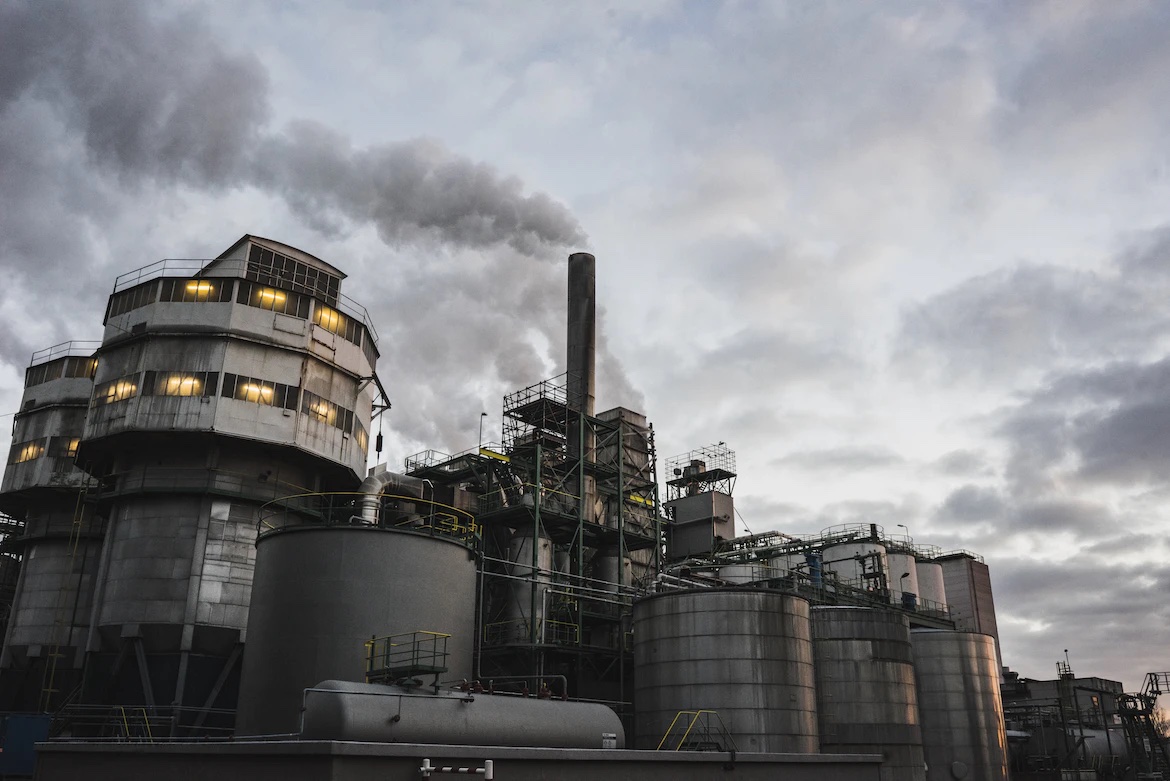
Digital Editor Cara-Louise Scott reports on the disturbing reality behind the farming of turkeys over the Christmas period
Content Warning: This article contains strong mentions of animal cruelty.
For many families who eat meat, a traditional Christmas dinner is not complete without a roast turkey as the central piece of the meal. It is then not unsurprising that the demand for turkey at Christmas time is high. In the UK today, it is said that 10 million turkeys are eaten every year at Christmas time and 25% of British people will buy their turkey months in advance.
10 million turkeys are eaten every year at Christmas time
But what you may not be aware of is how much suffering these birds will endure throughout their journey from their farm to your table.
It is estimated that around 15 million turkeys are killed annually, just in the UK, and the majority of these are placed in reared indoor production systems, such as large sheds housing up to 25,000 turkeys.
Andrew Gough, media and investigations manager for Surge, an animal rights non-profit, said that: ‘Nine out of every 10 turkeys found on supermarket shelves will have come from factory farms, each one responsible for unimaginable cruelty and suffering rarely seen by the public.’
Hidden camera footage found the birds tightly packed into sheds, cannibalism amongst the turkeys and many injuries.
This cruelty means selective breeding, overcrowding and a lack of stimulations. Natural behaviours of turkeys are often restricted, impacting not only their physical wellbeing, but their emotional wellbeing too.
Thus, there are many welfare concerns when it comes to factory farming turkeys. An investigation on turkey farms across the UK was completed by Viva, the UK’s leading vegan campaigning charity who specialise in undercover investigations, which highlighted these concerns for their welfare. Hidden camera footage found the birds tightly packed into sheds, cannibalism amongst the turkeys and many injuries. One facility even showed workers ‘playing basketball’ with live birds.
If turkeys are placed in a tightly-compact setting, injuries are more likely to occur because as they mature, they become more aggressive and begin pecking each other.
Dr Vernelli found that on some of the undercover investigations she has been involved in, ‘you find turkeys in the shed whose skull is exposed through the top of their head, because they’ve been pecked so much.’
During their short lives, turkeys can grow to around four times the size of their wild ancestors and animal activists say that this means inevitably turkeys will ‘collapse and die due to their inability to reach food and water.’ Selective breeding is often done too, to satisfy consumer demand, but this means that females are artificially inseminated because of their breasts being highly-prized meaning they cannot mate naturally.
it is worth considering the welfare of animals and the environment over the season in the choices we make
With all of this in mind, it is clear to see why factory farming is such a big issue, especially around Christmas when turkeys will be in higher demand among consumers. Our eating habits can severely impact the welfare of these turkeys, and it is worth considering the impact our eating habits have on animals’ lives. Even though I am vegetarian and would never choose to eat a turkey again, I would never persuade someone else to be veggie; I personally believe we all just need to be conscious and educated around animal welfare and the origins of the food we consume.
So, this is not to say you shouldn’t eat meat over Christmas but it is worth considering the welfare of animals and the environment over the season in the choices we make, so that even if you eat meat, you are aware of the conditions some animals may go through. If you make one change this Christmas, make a conscious choice to get your turkey from a place you are certain they haven’t been factory farmed.
Want to learn more about environmental Food&Drink debates? Take a look at these other articles:
Halloween and Christmas Food Waste: How We Can Do Better
Is a Climatarian Diet Better for the Planet than Veganism?
Bristol restaurant swaps calorie counts for carbon emissions in their new menu

Comments